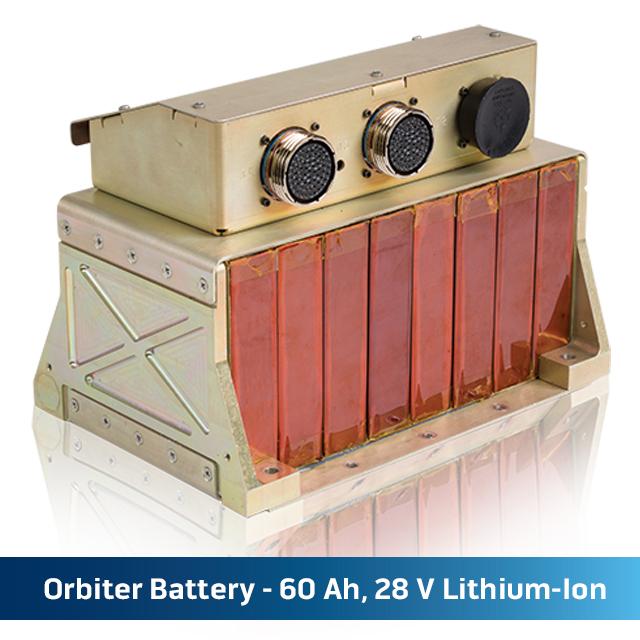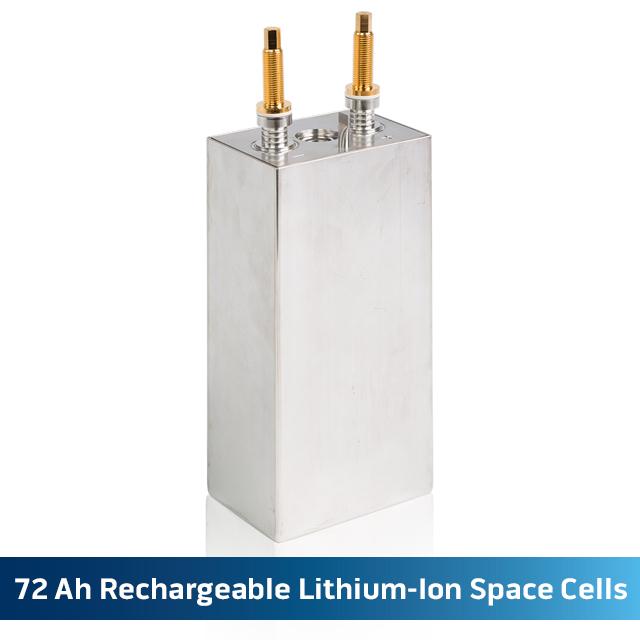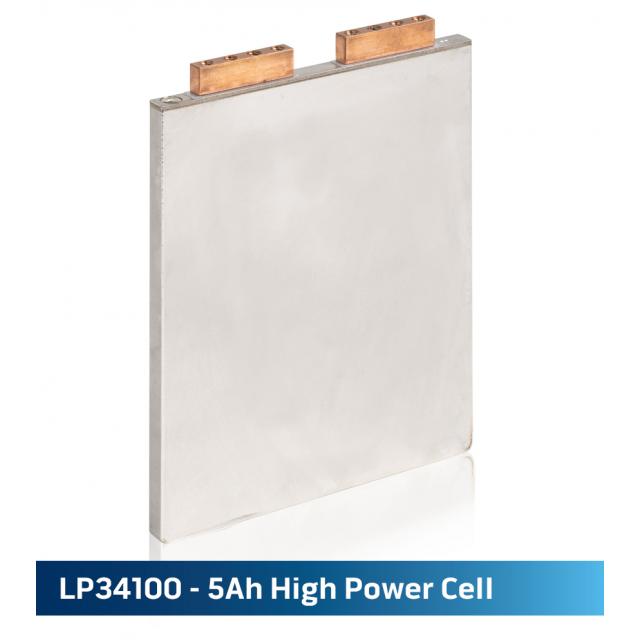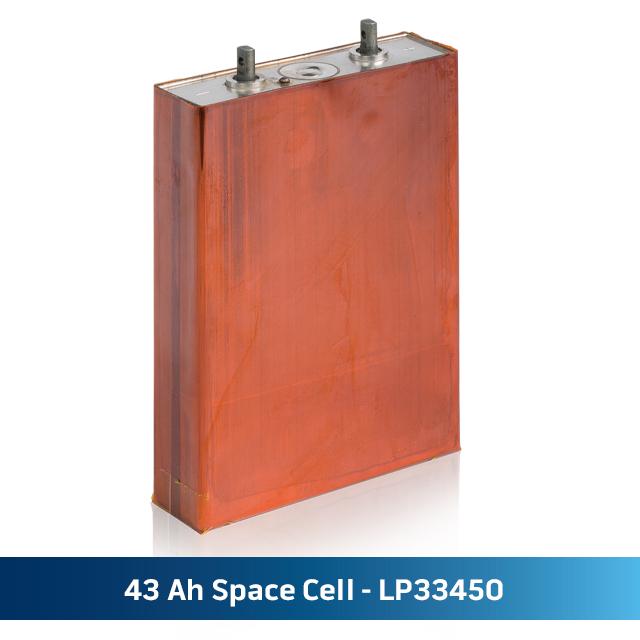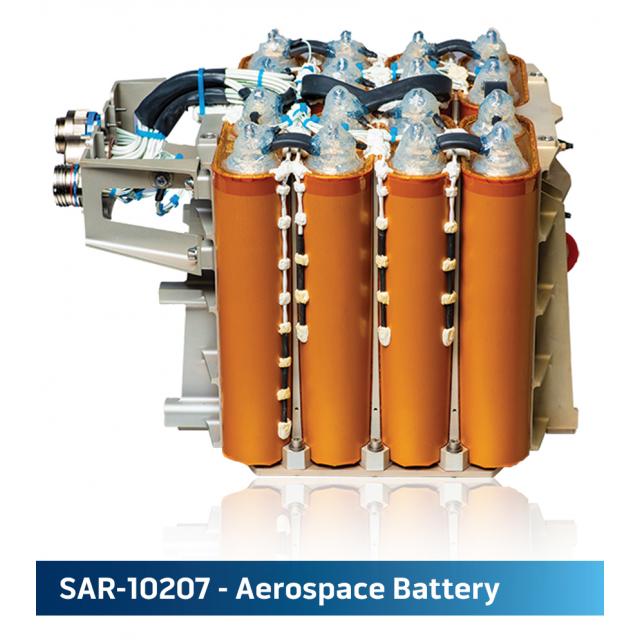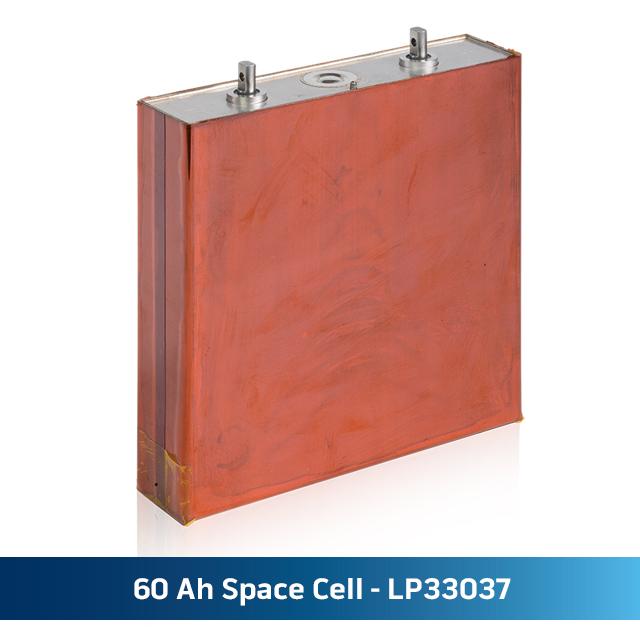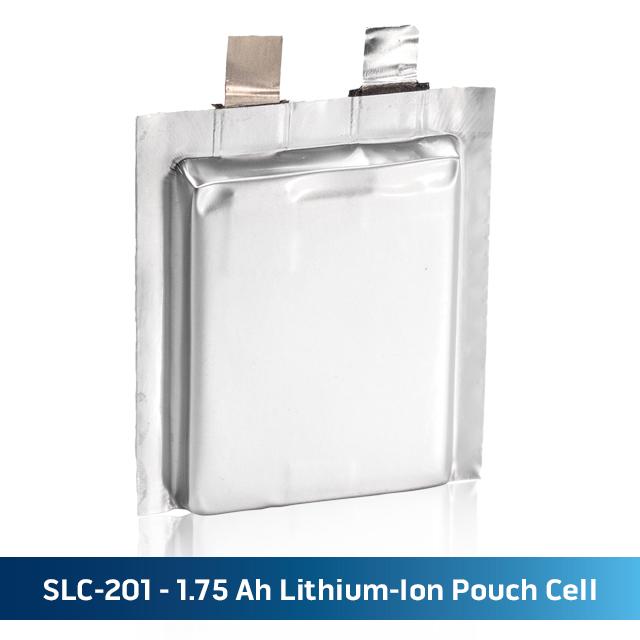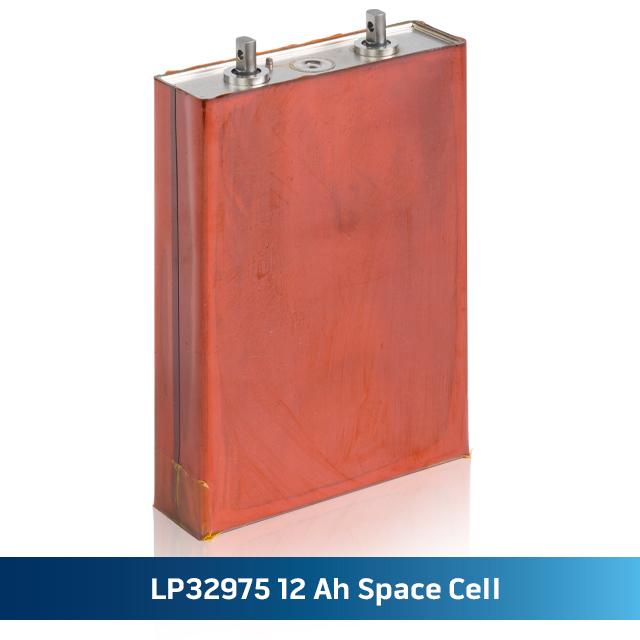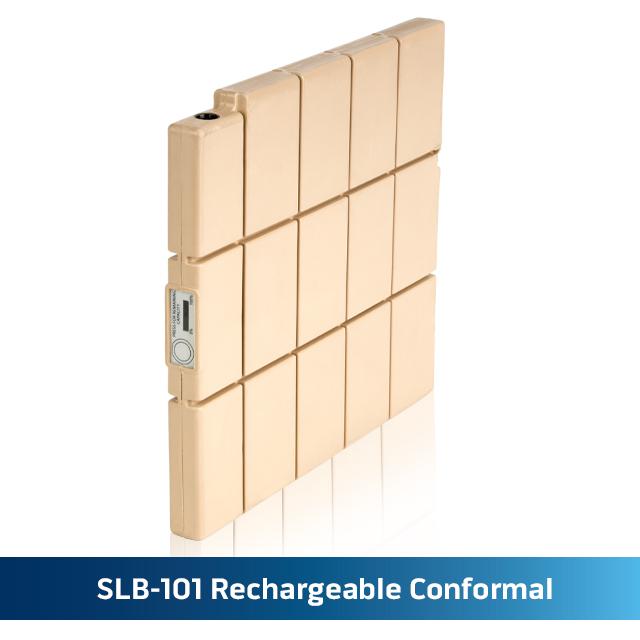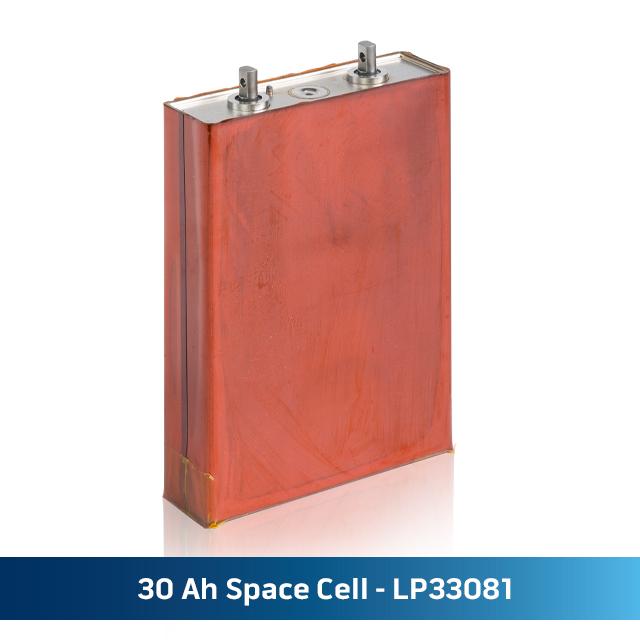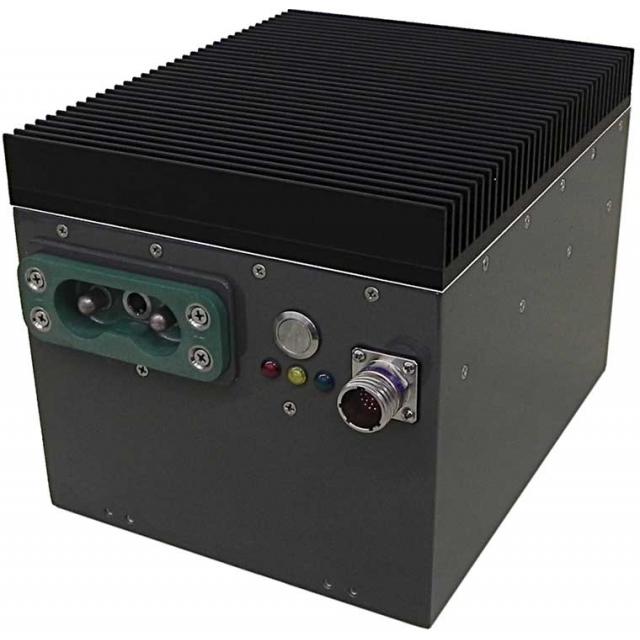Lithium Ion Cells: The Highest Levels of Performance and Reliability
EaglePicher Technologies offers an extensive portfolio of qualified lithium ion cell types and battery designs that provide unique solutions for high-tech customer requirements. The cell and battery designs are high-reliability solutions that can be modified to meet customer-specific requirements without invalidating qualification heritage.
About Lithium Ion Batteries
A lithium ion battery is one in which power is provided via the flow of charged molecules of the chemical element lithium. Once activated by a heat catalyst, ions in the lithium electrolyte solution move from a negative electrode, typically made from graphite, to a positive electrode, made from a metal oxide. During recharging, this flow is reversed.
Where Lithium Ion Batteries Are Used
Lithium ion battery and cell arrays are well-suited to numerous applications, due to their unique qualities and advantages. Lithium ion battery strengths — such as a favorable power-to-weight ratio, superior reliability, high number of discharge cycles and more — make them an ideal choice for uses where these properties are a requirement. Here are some examples:
Space applications:
- Launch vehicles, where large amounts of power are required in a short period, and reduced weight is critical
- Satellites, where reliability and extensive recharging is key, and lithium ion batteries are continuously used and recharged via solar power
- Space exploration, where every ounce of weight counts, and reliability for applications like life support systems is a paramount concern
Military applications:
- Unmanned aerial vehicles, where battery failure or malfunction could endanger personnel or result in data loss
- Aviation, where reliability is key for emergency systems and power to payloads
Civil and commercial aviation:
- Lithium ion batteries reduce weight and provide innovative power solutions for aircraft from private jets to helicopters
Why Use Lithium Ion Batteries?
The unique properties of lithium ion battery chemistry create benefits that make them attractive for the industries listed above, and beyond. These advantages include:
- Superior reliability: Lithium batteries, under normal circumstances, exhibit almost no passive discharge. They can be stored and not used for decades, and still operate to their rated specs.
- Size and weight: The high power-to-weight ratio of lithium batteries means that they can provide a relatively large amount of energy from a small, lightweight package.
- Numerous charging cycles: Rechargeability is a major benefit of lithium batteries, and these batteries are able to undergo numerous discharge/recharge cycles with little loss of power production.
- Fast activation: Lithium batteries activate almost immediately, providing their full amount of power upon activation — there’s no “warmup” or other delay.
Our experience and performance history provide a reliable platform for lithium ion cell and battery designs — regardless of application needs. EaglePicher Technologies continues to invest in the development of materials, technologies and solutions that serve the ever-changing needs of our customers. When it comes to performance and reliability, no one can match EaglePicher Technologies.
Our Unique Capabilities
What makes EaglePicher Technologies different when it comes to lithium ion cells and batteries?
- Design flexibility
- Made-to-order solutions
- Custom cells and batteries by request
- Focus on performance and reliability
- Advance technology research and development
What are the 3 main types of lithium-ion cells?
There are three primary cell form factors. Cylindrical form factors are ideal for high-energy, low-rate applications where low weight is critical. Pouch cells are appropriate for portable power applications. Prismatic cells are enclosed in a rigid casing suitable for harsh environments. The rectangular shape allows stacking multiple units in a battery module.
What is the largest problems with lithium-ion batteries?
The largest safety problem with lithium-ion batteries is a phenomenon called thermal runaway. This happens when the battery overheats and the temperature increases, causing a chain reaction that leads to a fire or explosion.
Are you ready to talk more about the benefits of our extensive experience in providing lithium ion batteries for these types of critical needs? Click here to request more information.


